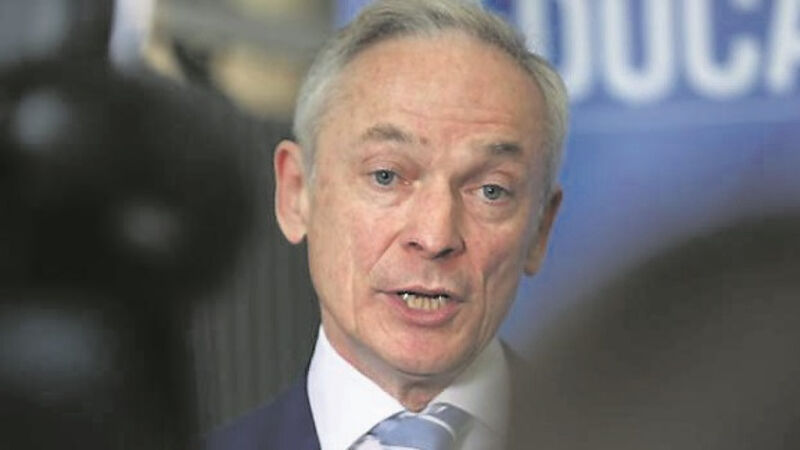Communications Minister only informed of RTE's €60m plan in cuts after leak to media

The Minister for Communications was only informed of RTE's final plans to make €60m in cuts after it was leaked to the media.
While the Government "would have had an idea of the approach that was coming forward," Tánaiste Simon Coveney told the Dáil that Richard Bruton only received the final restructuring report this morning.













